Search from various Engels teachers...
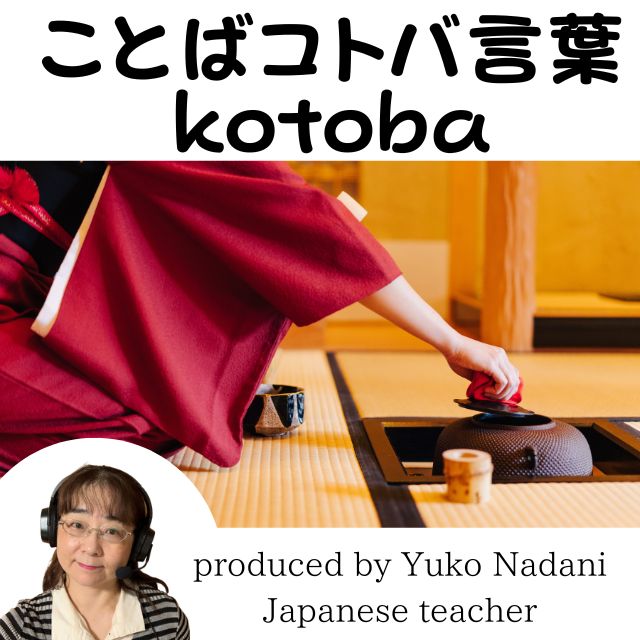
「か」at the end of sentence
Omschrijving
文の最後につく「か」 「か」 at the end of a sentence
「か」 means not only “question”, but also “proposal” and “reaffirmation” . Let’s see some sample sentences!
こんにちは。おげんきですか。
「おげんきですか」の「か」は、人になにかを聞くときに使いますね。
「いそがしいですか。」「ちょっと いいですか。」「これはいくらですか。」など、質問するときに使います。
でも、「か」は 質問するときだけ使うのでしょうか。
例えば、
「いっしょに ご飯 食べようか。」
「ごはんのあとで、花火しようか。」
この「か」は、いっしょに何かをしようと提案したいときに使っています。
それから、
「え!きょうが かのじょの 誕生日だったのか。わすれてたよ!」
「ああ、これか。 田中さんがおいしいって言ってたアイスクリーム。」
ここで使われている「か」は、再確認したいときに使っています。
このように文の最後につく「か」には 「質問」「提案」「再確認」の3つの使い方があります。
① Question 質問(しつもん)
② Proposal 提案(ていあん)
③ Reaffirmation 再確認(さいかくにん)
Podcast Kanaal
ことばコトバ言葉kotoba
Auteur
Alle afleveringen

ARIGIZA NKANA
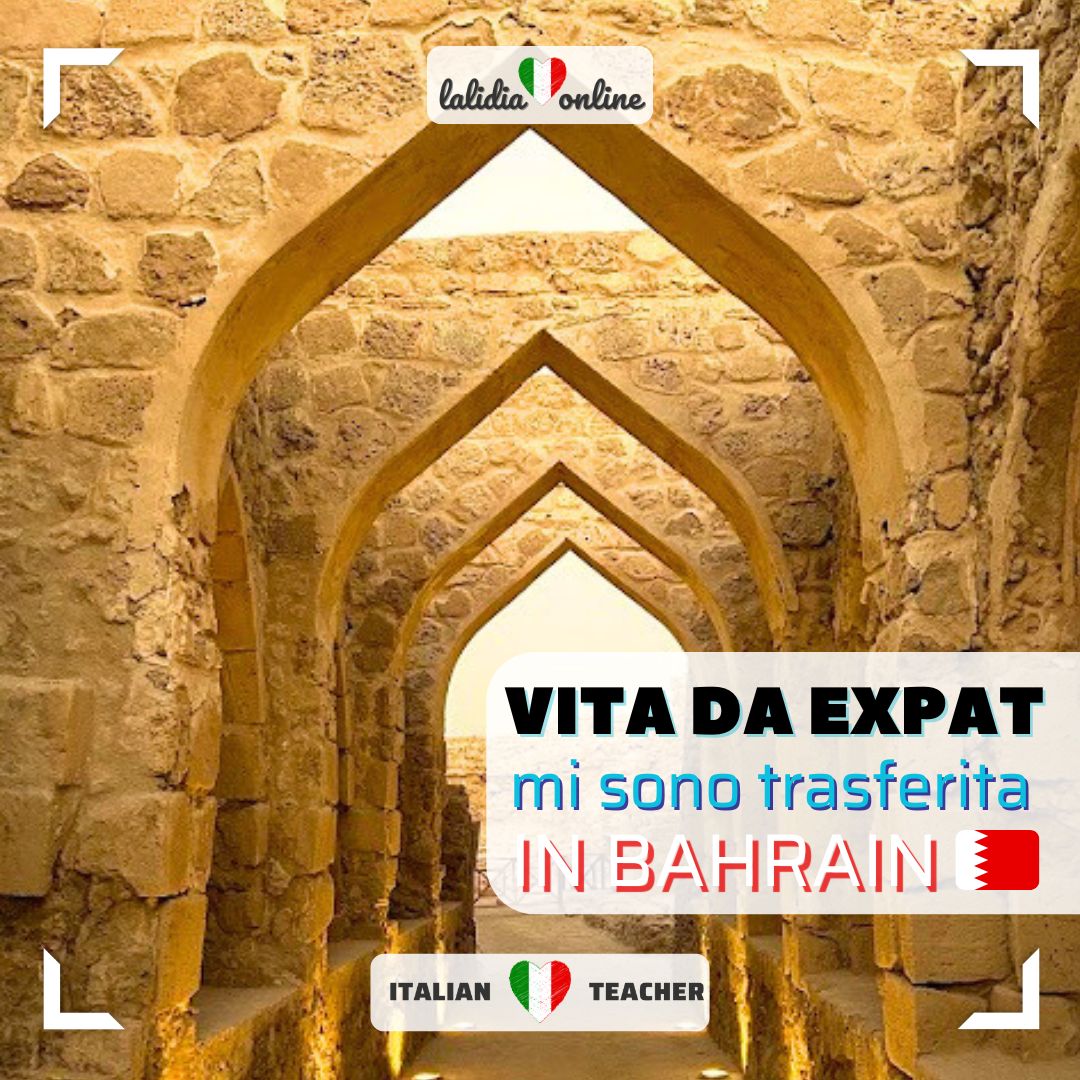
Mi sono trasferita in Bahrain - Episodio 2

¿Qué es la Meseta o Plateau? (con transcripción)
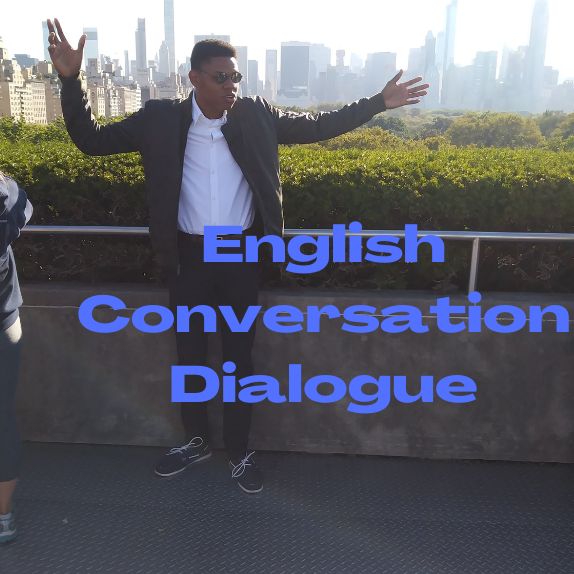
Man Fired for Keeping Webcam Off Awarded $73,000

The flood of solidarity in the wake of a tragedy
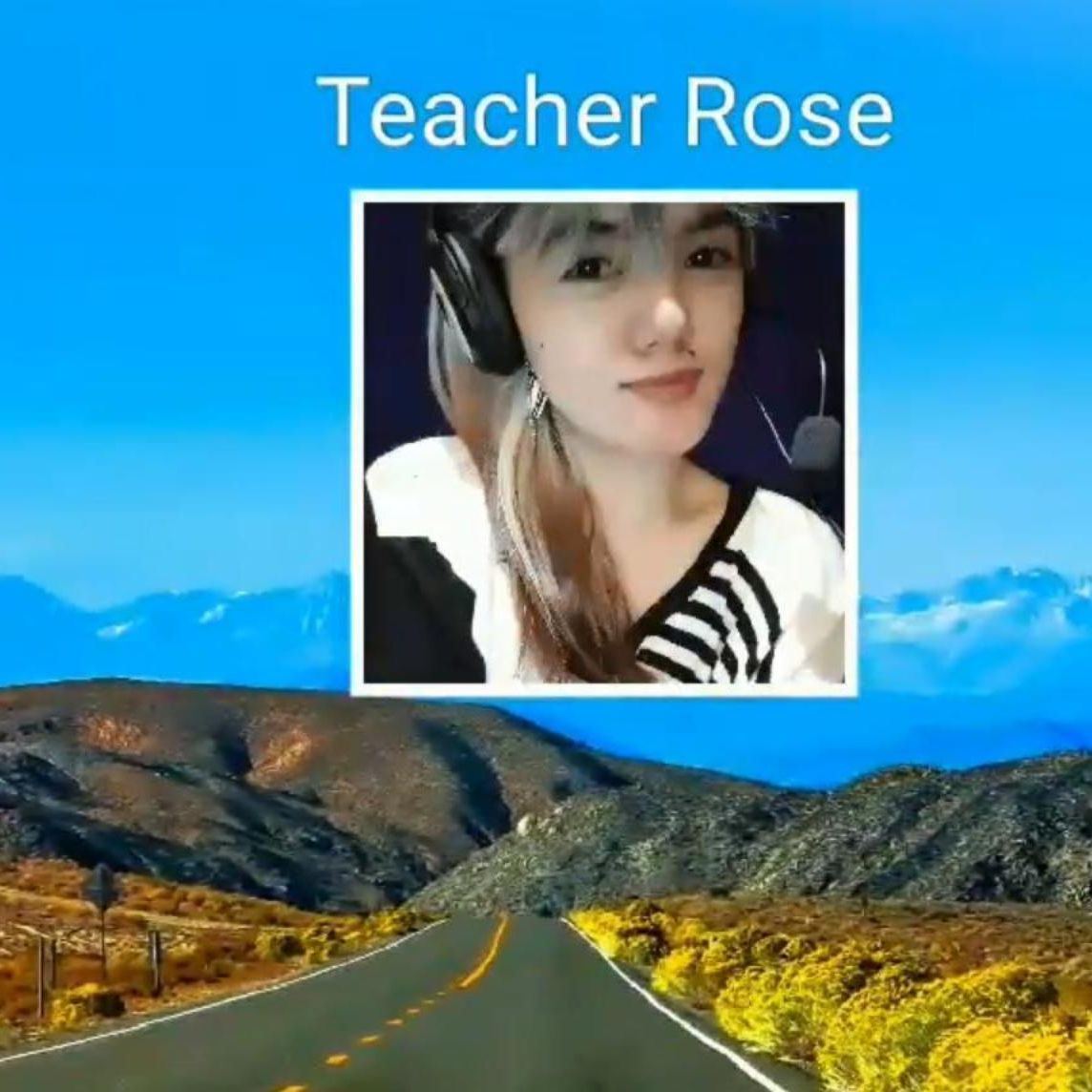
HOW TO ANSWER IMMIGRATION QUESTIONS : 1For students planning to study abroad. Part 1
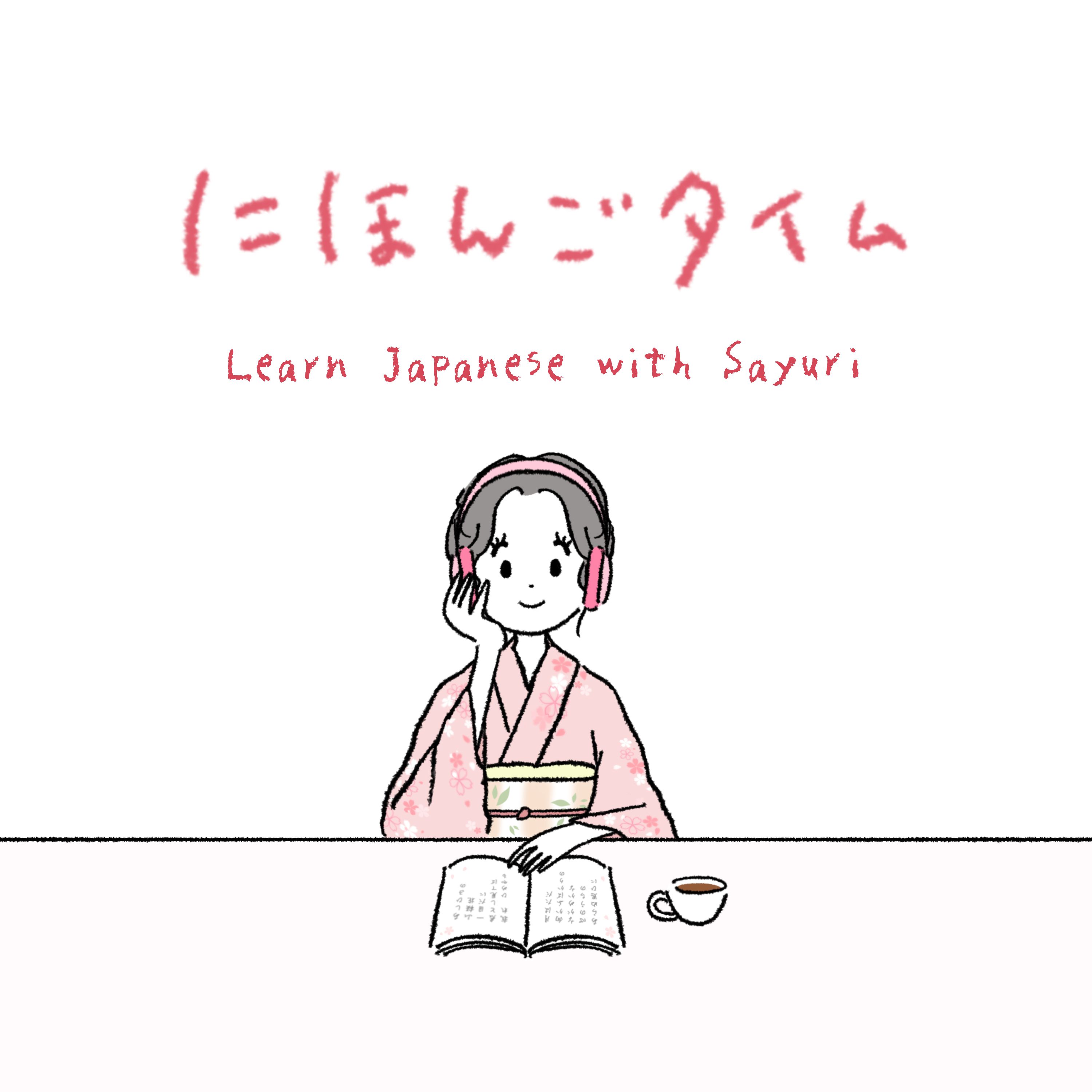
[JLPT:N4-N3]日本のクリスマスってどう過ごすの?|How Do Japanese People Spend Christmas?| 日本人聖誕節怎麼過?

changing uncountable nouns into countable ones
Populaire afleveringen

Jimmy Mpano
ARIGIZA NKANA

Vita da expat: mi sono trasferita in Bahrain!
Mi sono trasferita in Bahrain - Episodio 2

Consejos para mis estudiantes e invitados.
¿Qué es la Meseta o Plateau? (con transcripción)

Practice Listening, Reading & Comprehension
Man Fired for Keeping Webcam Off Awarded $73,000

Best Way Portuguese Podcast
The flood of solidarity in the wake of a tragedy

Language Lab: Conversations with Teacher Rose - Unlocking English Fluency
HOW TO ANSWER IMMIGRATION QUESTIONS : 1For students planning to study abroad. Part 1

にほんごタイム🇯🇵Learn Japanese with Sayuri!
[JLPT:N4-N3]日本のクリスマスってどう過ごすの?|How Do Japanese People Spend Christmas?| 日本人聖誕節怎麼過?

Learn With Kimiya
changing uncountable nouns into countable ones